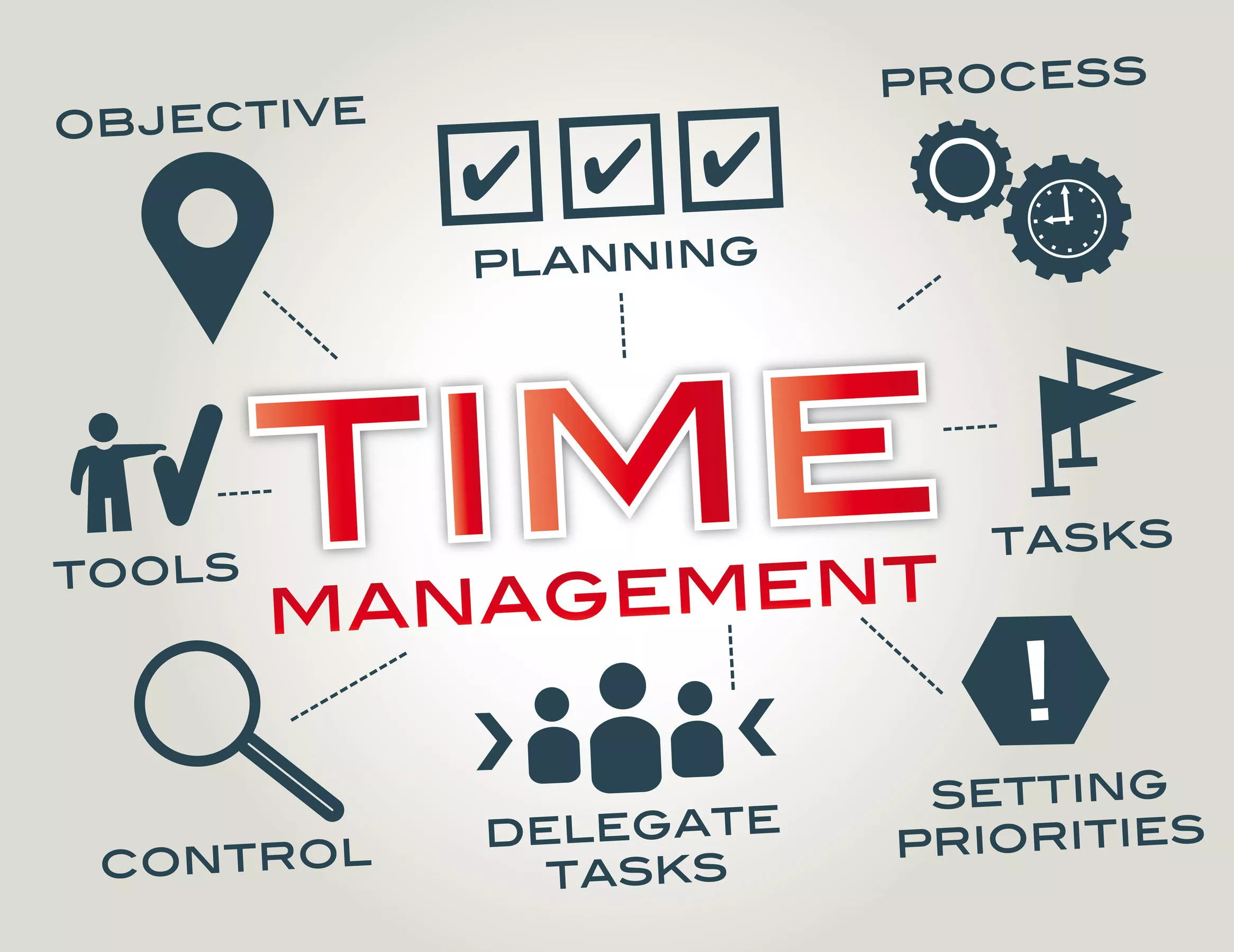This learning design blueprint explores the concept of resilience and effective coping strategies to manage academic stress.
What is Resilience?
Resilience means a person can stay positive and keep going when facing difficulties, stress, or failure. According to Turyamureeba (2024), psychological resilience is not a fixed trait, but a dynamic capacity that can be learned and strengthened over time. It’s like a spring inside when pressed, it can bounce back. A resilient person doesn’t give up easily and learns from tough experiences to become stronger. For example, if someone doesn’t do well on a test, instead of feeling sad for a long time, they try again with courage and effort.
However, resilience does not mean ignoring stress or pretending everything is fine; it requires you to identify your emotions and use healthy ways to cope. Many people think that resilience is a skill that people are born with. This is wrong. In fact, resilience is something that you can learn and cultivate later on.
Common Misunderstanding about Resilience
- Myth 1: Resilience is an innate trait you are born with.
- Some people may believe that resilience is an innate trait you are born with and cannot develop (Hou & Yang, 2024). However, resilience isn’t a personality trait- it’s a skill you can learn and strengthen with practice, just like time management or communication.
- Myth 2: Resilience always makes you stronger.
- While some stress can be motivating, constant high stress without rest or support can harm your mental health (Turyamureeba, 2024). Resilience is not about taking on endless pressure.
- Myth 3: Resilience is doing everything on your own.
- In reality, Resilience and seeking help often go hand in hand when facing adversity (Hou & Yang, 2024). Asking for help from friends, counselors, or instructors is a smart and resilient action – not a weakness (Turyamureeba, 2024).
Coping Strategies
How can we deal with stress in healthy ways?
There are several practical methods we can employ to develop resilience and cope with academic pressure. Two of the most useful ways are mindfulness and time management. Also, taking advantage of campus services help and creating a network support group are also integral to managing stress.
Mindfulness Practice:
Mindfulness is paying attention to the present moment, without judgment. It is what enables us to still our mind and emotion, especially in times of stress or anxiety. Here are some easy mindfulness exercises:
- Deep breathing: Spend a few minutes a day practicing slow, deep breathing. Count to four inhaling, hold, count to four exhaling.
- Body scan meditation: Slowly close your eyes and shift your focus to various parts of your body from your head to your toes. Focus on where you are holding tension and let it go.
- Mindful walking: Go for a very slow walk and really be aware of how your feet feel on the ground and how the air feels.
These could be used to ease your mind between classes. You can practice mindfulness at any time and don’t need any special tools. Spend five to ten minutes a day can b=help decreases stress and improve focus.
Time Management:
Many students are overwhelmed becase they fail to manage their time wisely. time management helps you take control of your schedule, and it can also helps to avoid stressful last minute preparations. Here are some time management tips:

- Weekly Schedule: Write down all your classes or what you will do in this week, study time, meal and rest. It keeps you in the bulk of your time.
- Establish priorities: Use a To-do list and then mark that which thing is urgent, which is not. Finish the urgent thing first, and do rest later.
- Minimize distractions: Study in a quiet place, turn off your phone if you can.
Building Support Systems
You don’t have to manage your stress all by yourself.
Knowing where and how to obtain support is an important part of perseverance. Whether it’s talking to friends, visiting an academic advisor, or seeking professional counseling, your support system is crucial.
- Family: Keep in touch while studying overseas. Speaking with relatives can provide emotional support.
- Campus resources: Most colleges/ universities offer academic advisors, counseling and mental health services. Take advantage of these resources – they are free and valuable.
Build Your Personal Stress Management Plan
Now it’s your turn to build a plan.
You have learned what is resilience, discovered coping strategies, and identified your support network. So let’s bring everything together into your personal plan.
Use the worksheet point below to create your own Stress Management plan.
- What strategies work best for you?
- Who will you ask for when you need help?
- What daily habits will you use to stay your mental healthy?
Reference:
Turyamureeba, S. (2024). Building resilience in students: Strategies for Coping with Stress and Adversity. Eurasian Experiment Journal of Arts and Management. https://www.eejournals.org/public/uploads/1725019214_b7ba1a739d6fb7a6d139.pdf#:~:text=Resilience%20in%20students%20is%20a%20crucial%20factor%20for,and%20the%20factors%20that%20contribute%20to%20its%20development.
Hou, D. & Yang, Z. (2024). Debunk Common Myths About Resilience. Purdue University. https://www.purdue.edu/stepstoleaps/new/featured/well-being-tips/2024_0401.php

Recent Comments